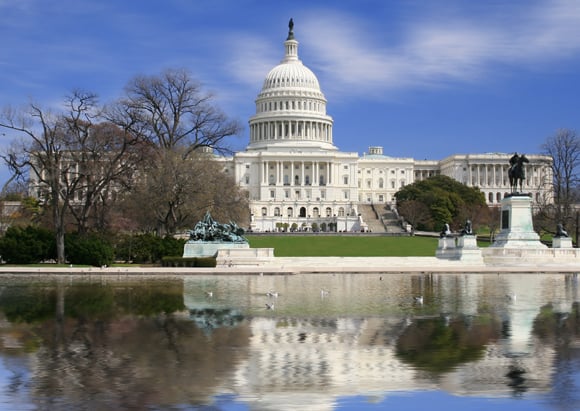Opponents of a pending Department of Labor rule that would increase the standards for investment advice for retirement plans have insisted that the agency conduct a cost-benefit analysis before proposing a regulation.
The difficulty the agency faces in satisfying critics was evident at an event in Washington on Tuesday.
Sen. Saxby Chambliss, R-Ga., said that “from a cost-benefit [standpoint] you can't justify” the regulation, which would expand the definition of fiduciary to include more retirement-plan advisers.
Skeptics say that the initial rule DOL proposed in October 2011 was too expansive. They assert it would subject individual retirement account sales to federal retirement-law fiduciary duty for the first time, potentially driving brokers out of the IRA market.
The Labor Department withdrew the proposed rule last September and said that it would re-propose it this year along with a
cost-benefit analysis.
The agency argues that the Employee Retirement Income Security Act, enacted in 1974, must be updated to better protect workers from conflicted investment advice. Unlike the mid-1970s, when most companies provided defined-benefit pensions, workers now must build their own nest eggs through 401(k) plans and IRAs.
The DOL rule has drawn fierce opposition on Capitol Hill, which Mr. Chambliss reflected during his comments at a
National Journal Policy Summit at the Newseum in downtown Washington.
He said that the Labor Department is writing a regulation that targets a non-existent problem.
“The customer was not complaining,” Mr. Chambliss said. “There are regulations that go too far and end up costing the client money. Those are the kinds of regulations we need to make sure are not imposed on the financial community.”
A wide range of industry representatives questioned the original Labor Department proposal. They have asserted that it would deprive smaller investors of IRA advice, as brokers leave the business.
“The cost of providing financial help is high and getting higher,” said Peter Schneider, executive vice president and general counsel at Primerica, which sponsored the National Journal event. “That's why firms shy away from going into middle-income households.”
The notion that a flawed implementation of fiduciary-duty would hurt middle-class investors is a point that the National Association of Insurance and Financial Advisors as well as other industry groups, brokers and insurers are trying to drive home with lawmakers.
“The rule should follow the cost-benefit analysis – and not have the rule first,” Mr. Schneider said. “It should be thoughtfully done.”
Fiduciary advocates argue that biased advice lowers returns for investors across asset levels. They are pushing the Securities and Exchange Commission to promulgate a rule that would impose universal fiduciary duty on all retail investment advice, forcing brokers to meet a higher bar than the suitability standard that currently governs them.
The SEC intends to conduct a cost-benefit evaluation of fiduciary duty before promulgating a proposed rule. It's not clear when it will send out a data request.
Regardless of what the SEC's and DOL's market-impact evaluations of fiduciary duty show, it will be difficult to change skeptical minds.







